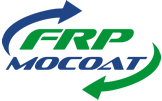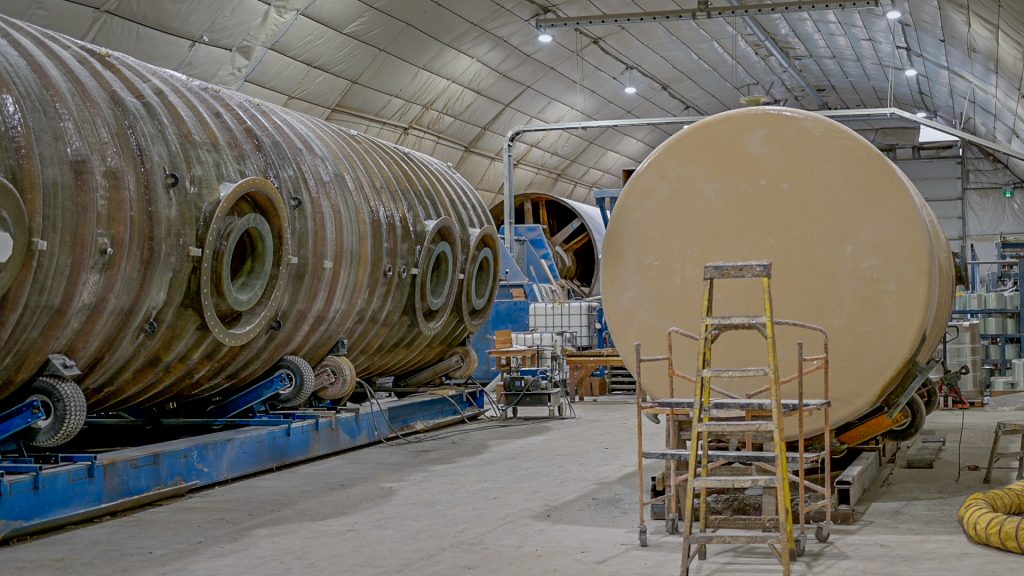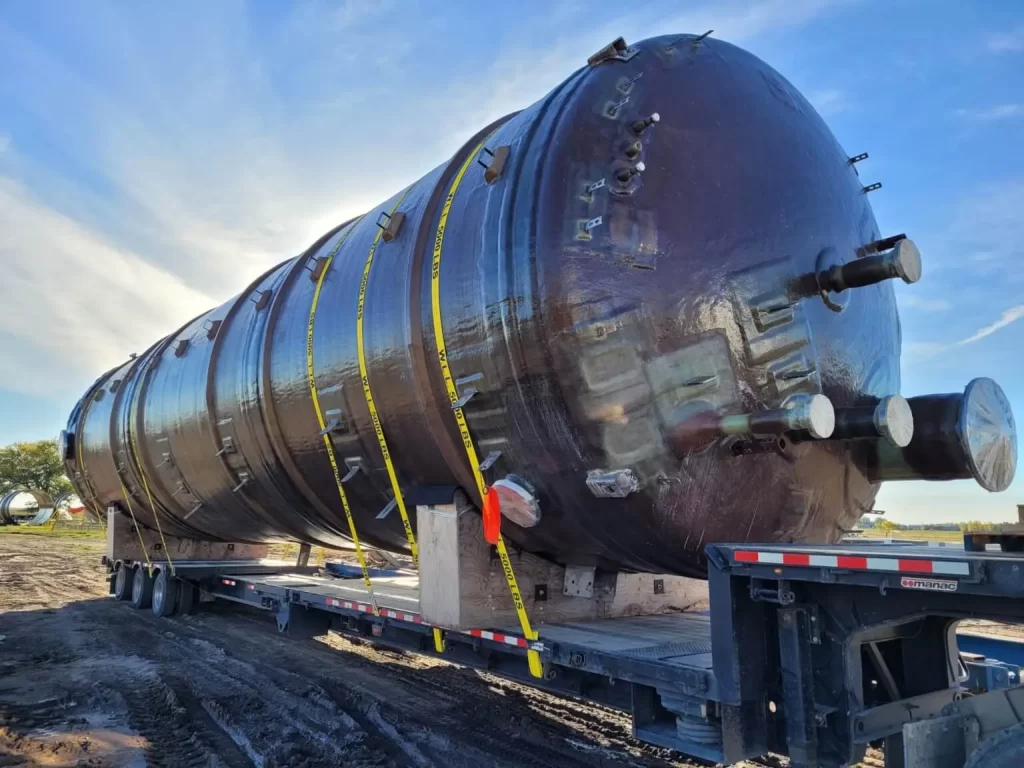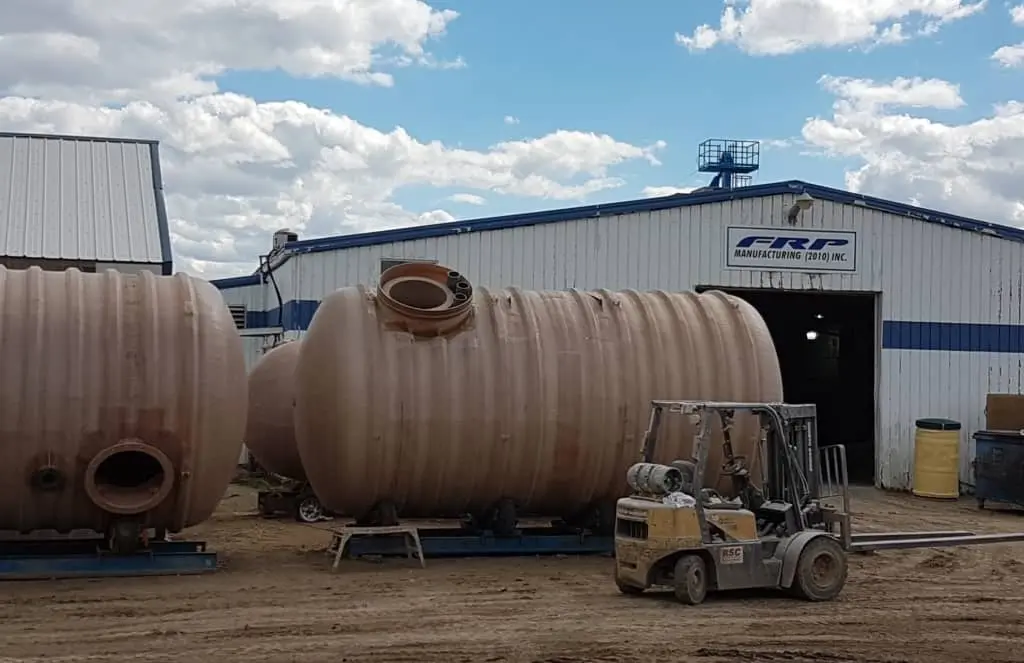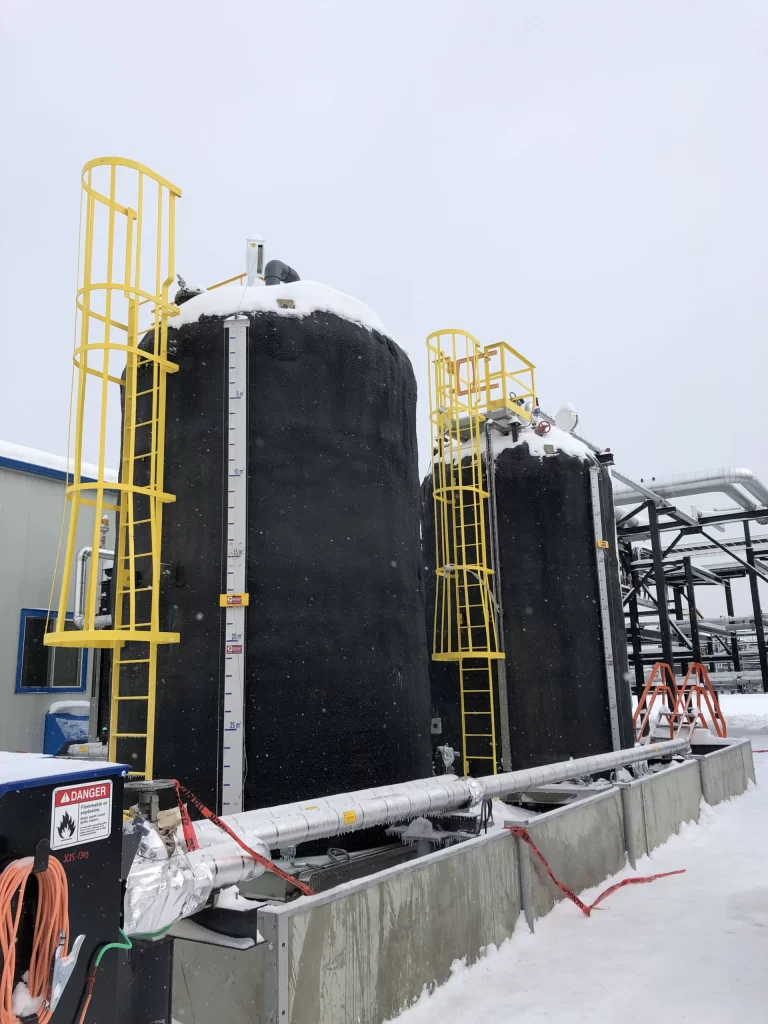From safeguarding against potential hazards and leaks to building customer confidence, certifications and standards behind fiberglass tanks play a pivotal role in upholding the reputation and credibility of fiberglass tanks. Certifications and standards play a multifaceted role in ensuring the safety, quality, and reliability of fiberglass tanks which then benefits manufacturers, regulatory authorities, users, and also the environment. Read ahead to discover the thorough certifications and safety standards that uphold the reputation of fiberglass tanks in ensuring their safety and performance metrics.
Why Are Certifications And Standards Necessary For Fiberglass Tanks?
The following are some important reasons for implementing safety standards and certifications for fiberglass tanks:
Safety Assurance
Certifications and standards ensure that fiberglass tanks follow precise safety criteria, which minimizes the likelihood of accidents, leaks, or malfunctions. Following these standards ensures that the fiberglass tanks have undergone thorough testing and assessment to guarantee their structural integrity and the ability to withstand diverse environmental conditions, chemicals, and pressures.
Quality Control
Fiberglass tanks must be manufactured using appropriate materials, processes, and techniques. Certifications and standards set quality requirement parameters for fiberglass tanks that ensure the prevention of tank defects and inconsistencies, which result in reliable and durable fiberglass tank products. A quality control program includes raw material inspection, vendor certification, in-process inspection, and finished product inspection and testing which ensure consistency and reliability of the end product.
Adherence To Regulation
Several industries, such as petroleum, chemical, water treatment, and transportation involve regulations and codes which establish the design, fabrication, and function of storage and transport tanks. Certifications and standards allow fiberglass tanks to meet these regulatory requirements and this helps manufacturers and end users prevent legal penalties and liabilities.
Customer Trust
The following recognized certifications and standards increase customer confidence in fiberglass tanks. When tanks hold certification marks or labels from trusted organizations such as Ul, NSF, or ASME, it communicates to customers that the fiberglass tanks have been through rigorous evaluation standards, and meet the industry-accepted criteria for quality, safety, and performance.
The Standards Behind FRP Mocoat Tanks
Fiberglass reinforced plastics have been in production since the 1940s as a comparable alternative to traditional materials such as steel and wood. However, manufacturing companies didn’t start nationally recognizing specifications for fiberglass reinforced plastics until the 1960s. In present times, there are many more necessary standards involved in production that must be followed. The American Society for Testing and Materials (ASTM) and the Canadian Standards Association (CSA) uphold thorough standards to ensure specs that enforce the safety of the installing crew and any workers involved.
For our products to perform effectively, the prospective developer or engineering company must establish the specifications for our FRP composite tanks, casings, and wastewater treatment designs. This is because understanding the corrosive or aggressive environment FRP Mocoat products are required to withstand will allow you to select the best stock or custom-made concept, and placing the quality of your tank unit as a top priority will make the decision process much easier.
FRP Mocoat’s 5’ diameter tanks and ball tanks are authorized by NSF Standard 61 for potable water tanks. Our wastewater tanks are CSA Standard B66 certified, and are completely corrosion-resistant. This eliminates any possibility of leakage due to internal or external rusting and ensures tank longevity. In addition, our well casings are NSF/ANSI 61 approved and will perform in any situation you need them to. Our above-ground tanks are filament wound for enhanced strength to achieve ASTM D 3299 for hydro-static loads with explicit gravity of up to 1.2 and it is possible to accommodate various design specs including API 12P and NSF 61.
Whatever your unique worksite needs are, FRP Mocoat can help you acquire the safest application of our products that will stand the test in any hostile weather and corrosive situation. Request a quote with us today to discuss your project.
